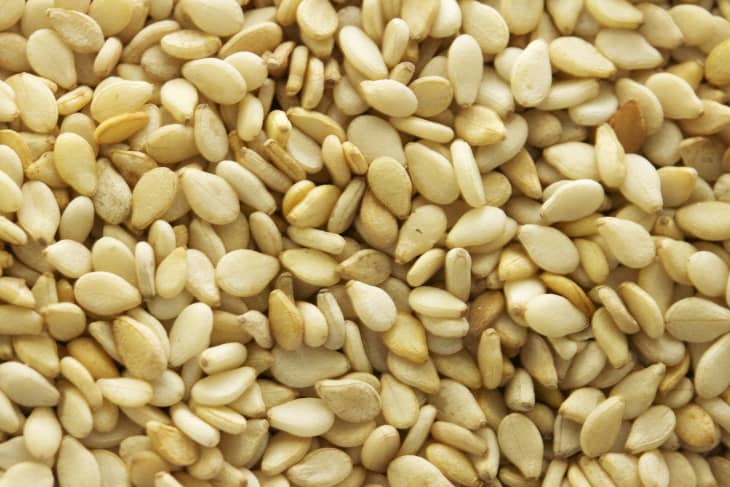Pakistan Achieves 5th Global Ranking in Sesame Exports, Generates $407 Million in Revenue in 2023

Pakistan has witnessed an unprecedented surge in sesame exports, reaching a remarkable $407 million in 2023. This achievement has catapulted the country to the 5th position among leading sesame-exporting nations, with China absorbing over 80% of the total exports.
The Ministry of National Food Security and Research proudly announces a groundbreaking development in Pakistan's agricultural sector, attributing this success to the remarkable progress of the National Oilseeds Enhancement Program (NOEP).
In collaboration with provincial governments, the NOEP has reshaped the landscape of sesame production in the country, unlocking unparalleled growth and export potential.
Transforming from its historical status as a minor crop relegated to marginal lands, sesame has emerged as a crucial cash crop within Pakistan's agricultural portfolio.
In recent years, there has been a monumental transformation in sesame production, breaking free from historical neglect.
The Ministry of National Food Security and Research, through the PSDP-funded project "NOEP," has played a pivotal role in this transformation, significantly boosting sesame production and exports within a short span of four years.
Collaboration with provincial Agriculture departments in Punjab, Khyber Pakhtunkhwa, and Balochistan has been instrumental in this success.
Sesame cultivation, once limited to specific districts across these provinces, has expanded exponentially from 18,000 to 135,600 hectares between 1948 and 2019. Concurrently, production has surged from 6,000 to 69,600 tons during the same period.
Under the NOEP in the last four years (2019-24), the sesame cultivation area has witnessed a remarkable increase from 139,400 to 399,493 hectares, reflecting a growth of 2.87 times.
Punjab leads in sesame production, contributing 95% of the total, followed by Sindh (2.1%) and Balochistan (2.2%). The average yield of sesame has seen a significant boost (69%), rising from 442 to 750 kg/ha during the NOEP's tenure.
Balochistan, with favorable climatic conditions, holds untapped potential for further expansion in sesame production.
In summary, the strategic interventions of the NOEP have not only revolutionized sesame farming but have also ushered in a new era of agricultural prosperity in Pakistan.
This success story enhances the status of farmers and positions sesame as a key driver of economic growth and food security, establishing a benchmark for sustainable agricultural practices nationwide.








